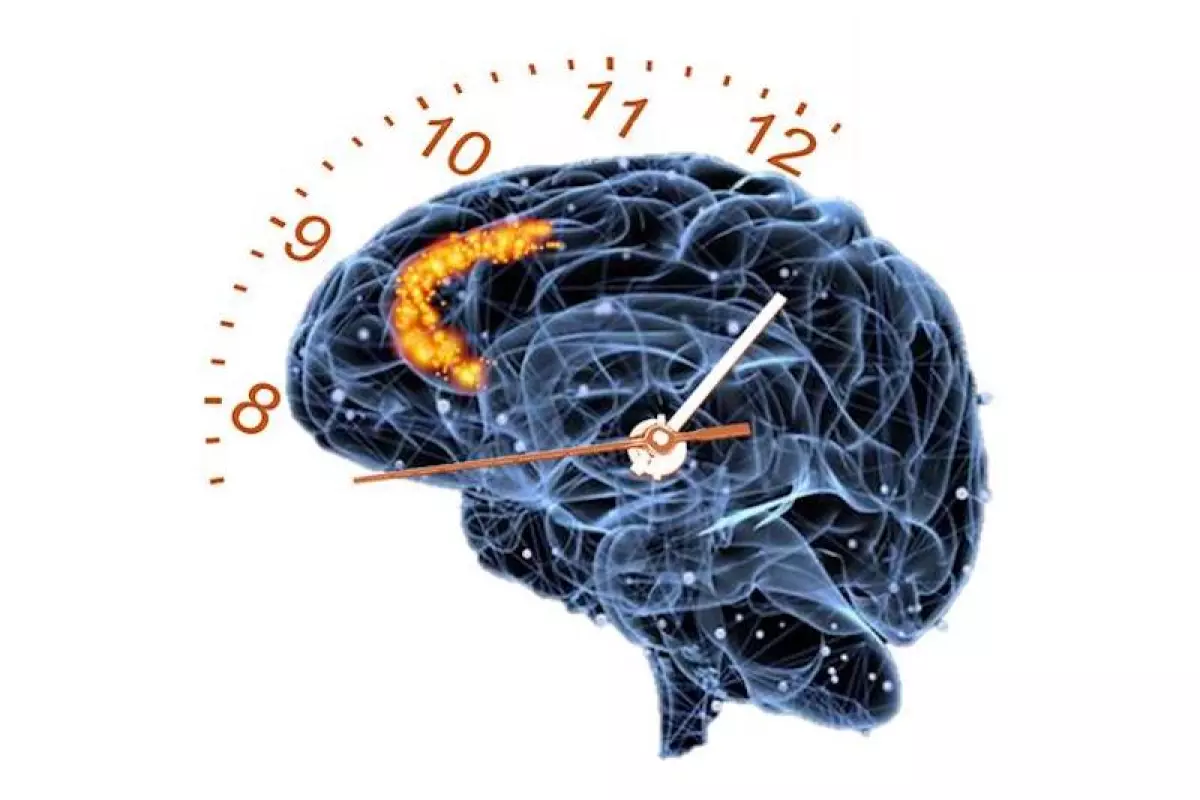Time is relative, and not only in an astrophysical sense – we’re all familiar with that feeling that time drags when we’re bored and flies when we’re busy. New analysis of brain activity patterns shows how our brains track time, and some intriguing insights into how cells handle it.
Our brains aren’t like computers, tracking time based on precise measurements of seconds, minutes, hours, and so on. Sure, we have some benchmarks for how long those periods are, and might fluke a correct guess sometimes, but we’re also just as likely to be surprised to find that three hours has passed when it felt like barely one.
Now, researchers at the University of Nevada, Las Vegas (UNLV) have found that brains perceive time based on the number of events or experiences that occur. In a way, it doesn’t even matter how long in real-time a series of events takes – if you speed them up or slow them down, our brains will still likely estimate that the same amount of time has passed.
“We tell time in our own experience by things we do, things that happen to us,” said James Hyman, senior author of the study. “When we’re still and we’re bored, time goes very slowly because we’re not doing anything or nothing is happening. On the contrary, when a lot of events happen, each one of those activities is advancing our brains forward. And if this is how our brains objectively tell time, then the more that we do and the more that happens to us, the faster time goes.”
The team focused on the anterior cingulate cortex (ACC), which is the brain region that helps monitor activity and track experiences. They had rats perform a repetitive task where they had to respond to a prompt 200 times, and monitored activity in the animals’ ACC as they did so. Specifically, they wanted to test how the brain patterns changed between doing a task the first time or the 200th time, and check how doing them faster or slower affects brain activity.
And sure enough, the team found that brain activity during each repetition of the task was slightly different from the next, and over time those differences drifted quite far. Essentially, the first and second time might be similar, but the 50th time is very different, and the 100th time even more so. Intriguingly, the same overall brain activity was seen regardless of how long it took the rats to complete the full task.
As an example, the researchers use the hypothetical scenario of two factory workers tasked with making 100 “widgets.” It didn’t matter if one took 30 minutes to finish and the other took 90 minutes – their brain wave patterns throughout would look similar, and they might even have the same rough “sense” of how much time had passed.
“The length of time it took to complete the task didn’t impact the brain patterns," said Hyman."The brain is not a clock; it acts like a counter. Our brains register a vibe, a feeling about time. ... And what that means for our workers making widgets is that you can tell the difference between making widget No. 85 and widget No. 60, but not necessarily between No. 85 and No. 88.”
The team also witnessed how different brain cells handled the tasks at different times. Small groups of brain cells would collaborate on the task for a few repetitions, before passing it off to another group. This explains why iterations close together would be hard to tell apart, but why those separated by more time feel quite different.
Not only does it show how and why our perception of time changes depending on how busy we are, but the study helps us better understand how our brains can organize memories in a timeline, and recall events at different relative times.
“This is the part of the brain we use for tracking something like a conversation through dinner,” Hyman said. “Think of the flow of conversation and you can recall things earlier and later in the dinner. But to pick apart one sentence from the next in your memory, it’s impossible. But you know you talked about one topic at the start, another topic during dessert, and another at the end.”
The research was published in the journal Current Biology.
Source: UNLV




